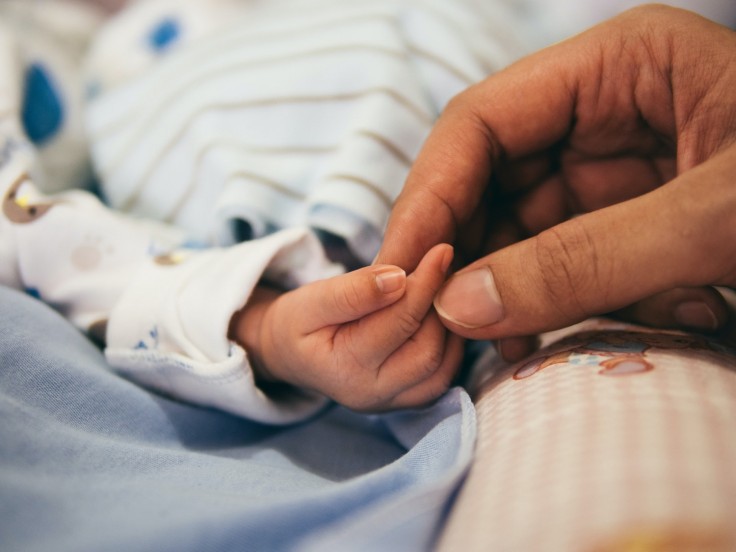
The Centers for Disease Control and Prevention (CDC)released a health alert last week warning parents and pediatricians about Parechovirus. This potentially dangerous pathogen has been affecting children in multiple states in the country.
Recently, CDC said they got multiple reports of infection in neonates and young infants since May. When health care providers tested the kids, they got news of the PeV-A3 strain, most commonly associated with severe disease, Medical Laboratory Observer reports.
Parechoviruses are common in childhood. It is similar to poliovirus, said Dr. Rick Malley, an infectious disease specialist at Boston Children's Hospital. He said that the disease has always been around us, causing sickness in kids in the summer and fall. However, with the unusual surge that the CDC reports, he inferred that the natural epidemiology of the virus might have changed in the context of COVID.
Signs and symptoms
As per WebMD, parents should watch out for high fever, lethargy, irritability, loss of appetite, and uncontrolled movements. Other symptoms include fast heart rate, breathing, or drowsiness, widespread rash, and seizure.
CDC also warned parents that if their children show headaches, fever, and stiff neck symptoms, they should immediately notify their physicians. The symptoms are related to meningitis, the inflammation of fluid and membranes surrounding the brain and spinal cord. Symptoms of meningitis may also be associated with the virus.
Mode of transmission
Like COVID-19, some of the infected children may not show symptoms of parechovirus, according to USA Today. Symptomatic and asymptomatic people infected with parechovirus may transmit the virus by contacting the feces or through respiratory routes. A parechovirus-infected person may be contagious for one to three weeks through the respiratory tract, while for the gastrointestinal tract, they may be contagious for six months, CDC warned. The actual illness lasts only for a few days.
Like COVID, some children may recover quickly, while others may have difficulty with the symptoms and be sick for three to five days. It is a "short-lived, self-resolving infection."
Severe symptoms and death from the particular virus are sporadic. However, rare cases may involve damage to multiple bodily organs such as the liver, brain, and lungs, leading to the patient's death.
Newborns are more likely to develop severe symptoms.
Read Also: Woman Reveals Doctors Remove Her Uterine Fibroids that Equals Size of a 6-month pregnancy
What to do if infants have parechovirus?
As per Malley, there is no specific treatment for parechoviruses. However, it is best to call the doctor if your babies exhibit symptoms.
Managing the symptoms would need over-the-counter medication to control the baby's fever, such as ibuprofen or acetaminophen. Parents should also make sure that the babies are hydrated.
Prevention is still the best cure. Experts stressed the importance of practicing good hand hygiene and limiting the household members interacting with the baby. Instead of kissing the baby's face and hands, ask outside visitors to kiss the baby's feet or toes.